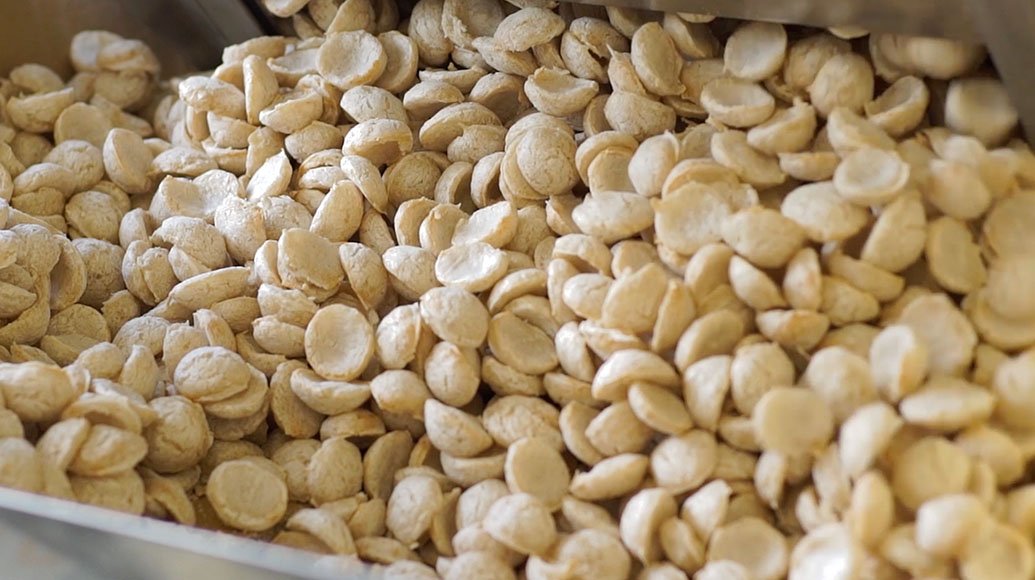Search term must have more than 2 characters.
Healthy diet
To breakfast or not to breakfast?
Breakfast alone, lunch with a friend, and give your dinner to the enemy. Fortunately, thanks to the latest scientific research, we know that this folk wisdom doesn't apply to everyone. It turns out that eating less often and observing a sufficiently long overnight fast brings great health benefits to our bodies - from weight reduction, positive effects on hormones and cell regeneration, to diabetes prevention and protection of the blood vessels, heart and brain.
This is not groundbreaking news. Although we don't have exact data, it is likely that hunter-gatherer societies for generations tended to eat one or two meals a day without snacks. As opposed to today's three large meals a day plus snacks and evening wine. The massive increase in type 2 diabetes and other lifestyle diseases is increasingly being linked not only to the amount of calories consumed, but also to eating too many meals during the day.
Beware of snacks
Anything we eat goes through a very complex digestive process. Among other things, the hormone insulin is released, which transports the sugar contained in the food into the cells. If this process is repeated too often, it can lead to ‘insulin resistance’, whereby cells stop responding to insulin. This results in extreme fatigue, weakened immunity and a host of other health complications. Therefore, it is worth paying attention to how many meals you eat during the day and how much time you give your body to regenerate.
The first meal of the day
You may or may not have breakfast. If breakfast is your starter meal that you can't imagine the morning without, then by all means stick to it. But you should only indulge in it once you're really hungry. And that's rarely at six in the morning. If you're a late-night eater or love a glass of wine in the evening, then make sure you push your breakfast to later. An overnight fast, the time without food or drink between the last and first meal of the day, should be at least 12 hours, but can last up to 16 hours or more. If you eat breakfast out of sensibility rather than hunger, then have your favourite tea or coffee in the morning ( no milk or sugar for a better fasting effect) and your first meal can be a late morning snack or lunch.
However, there are a few important rules for not having breakfast:
- Make sure you eat a balanced and healthy diet for the rest of the day. If you already don't eat breakfast, your lunch is coffee, and in the evening you loot the whole fridge, this way is not for you. A nutritionally balanced diet is essential.
- Maintain a hydration plan. Drink plenty of water and other non-caloric beverages.
- Don't skip breakfast if you're sick or under medical care. A no-breakfast diet is also not suitable for children, pregnant and breastfeeding women, or if you have an eating disorder or are underweight.
Practical tips: Warm bone or vegetable broth is a great way to break an overnight fast and a first meal for the winter months. Prepare it into a thermos (just lightly salted broth without noodles or meat) and sip it as a “tea” during the morning. It's a great source of minerals.
One of our Nomina cereal porridges, which can be prepared in minutes, is perfect for a late breakfast at work.
Maintaining regular times of eating and fasting is called intermittent fasting. It's an increasingly popular method not only for its scientifically proven health benefits, but also for its simplicity. However, even with this method of eating, it's essential that individual meals are balanced and contain all the important nutrients. Take inspiration from the cookbook Restart jídelníček Zdravé jídlo 2× denně (Restart nutrition plan, Healthy meals 2x a day). In this book you will find not only simple and delicious recipes, but also weekly menus specifically adapted for intermittent fasting.




